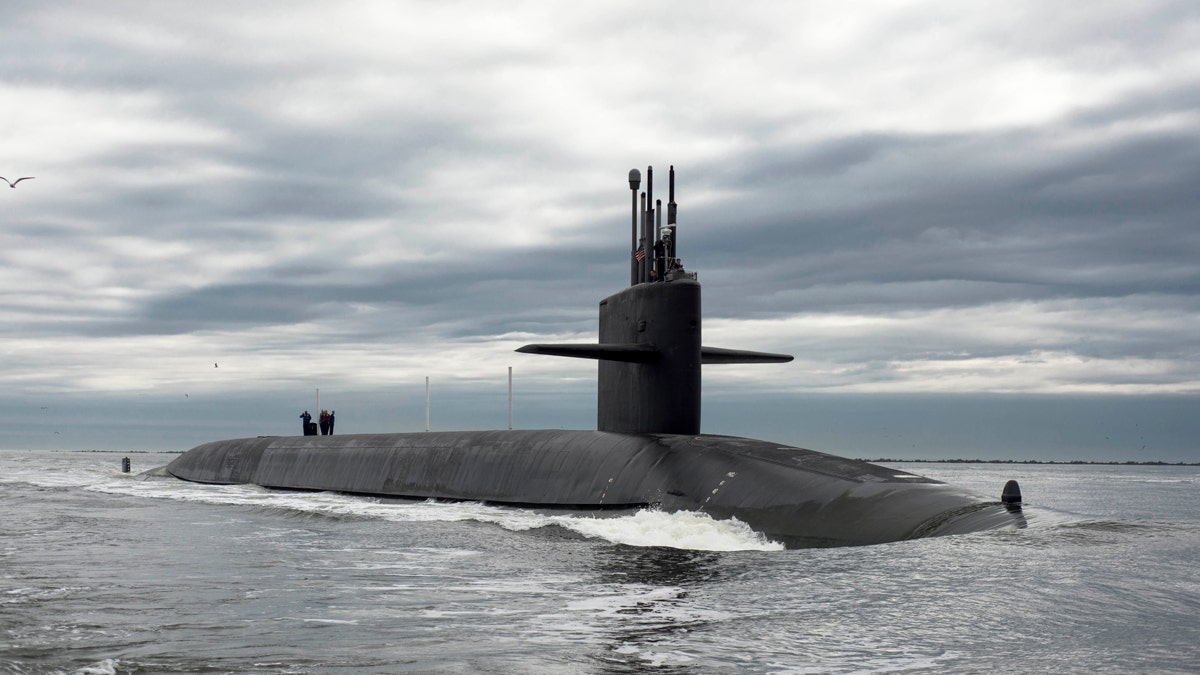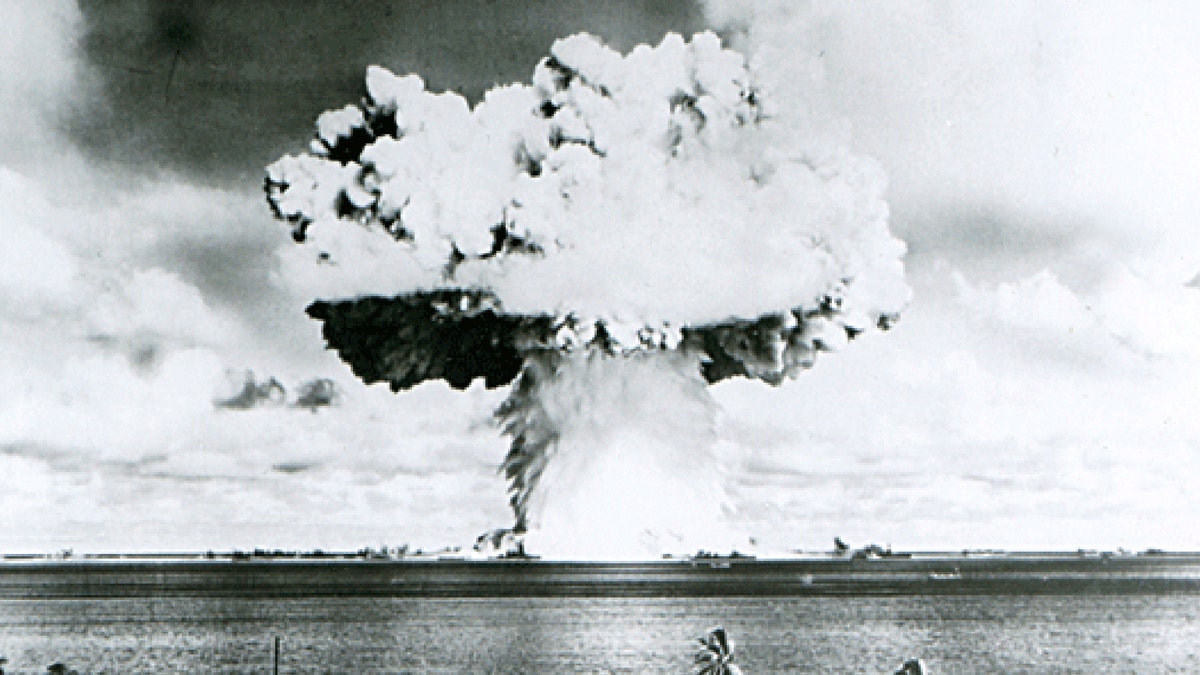
File photo - The Ohio-class ballistic missile submarine USS Tennessee returns to Naval Submarine Base Kings Bay, Georgia in this Feb. 6, 2013 handout photo. (REUTERS/Mass Communication Specialist 1st Class James Kimber/U.S. Navy/Handout via Reuters)
China decried the U.S. for its “Cold War mentality” on Sunday after Washington announced last week that it plans to diversify its nuclear arsenal with smaller bombs.
The U.S. military believes its nukes are seen as too large to be used and wants to develop low-yield bombs—a move that has prompted condemnation from China, Iran and Russia.
“The country that owns the world's largest nuclear arsenal, should take the initiative to follow the trend instead of going against it," China's defense ministry said on Sunday, reports BBC.
China said it “firmly” opposed the Pentagon’s nuclear policy review.
On Twitter, Iran's Foreign Minister Mohammad Javad Zarif also lashed out.
“The US Nuclear Posture Review reflects greater reliance on nukes in violation of the #NPT, bringing humankind closer to annihilation,” Zarif said on the social network.
Russia's foreign minister called the move "confrontational" and expressed "deep disappointment."
However, America is concerned that its arsenal won’t remain an effective deterrent without being modernized. The U.S. has named China, Russia, Iran and North Korea as potential threats.

This U.S. Navy handout image shows Baker, the second of the two atomic bomb tests, in which a 63-kiloton warhead was exploded 90 feet under water as part of Operation Crossroads, conducted at Bikini Atoll in July 1946. (Reuters/U.S. Navy)
The document released on Friday by the Pentagon, known as the Nuclear Posture Review (NPR), argues that developing smaller nuclear weapons would challenge that assumption. Low-yield weapons with a strength of under 20 kilotons are less powerful but are still devastating.
The policy also recommends: Land-based ballistic missiles, submarine-launched missiles, and air-delivered weapons—to be extensively modernized, as begun under ex-President Obama. Bringing back sea-based nuclear missiles. Modifying some submarine-launched nuclear warheads to give a lower-yield detonation.
ISLAMIC STATE ATTACKER SHOWS INTERSECTION OF CRIME, TERROR
The defense ministry in Beijing said Washington had played up the threat of China's nuclear threat, adding that its own policy was defensive in nature.
“We hope that the United States will abandon its Cold War mentality, earnestly assume its special disarmament responsibilities, correctly understand China's strategic intentions and objectively view China's national defence and military build-up,” its statement said.
This isn’t the first time that China has used the Cold War label to denounce U.S. policy. Last year it said that Washington’s defense strategy tied to “outdated notions.”
In the NPR document, the U.S. accused China of "expanding its already considerable nuclear forces" but China defended its policy on Sunday saying it would "resolutely stick to peaceful development and pursue a national defence policy that is defensive in nature."
